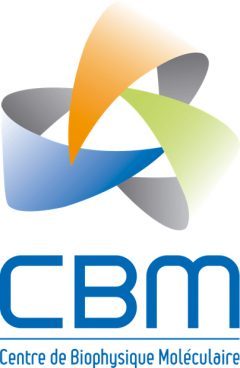A chemo-enzymatic approach to ligation on a solid support
A lire aussi
Le CBM recrute !
11 July 2025
par Isabelle Frapart
The CBM is recruiting!
11 July 2025
par Isabelle Frapart
Participation d'une équipe du CBM au Congrès national AMCSTI 2025
08 July 2025
par Isabelle Frapart
